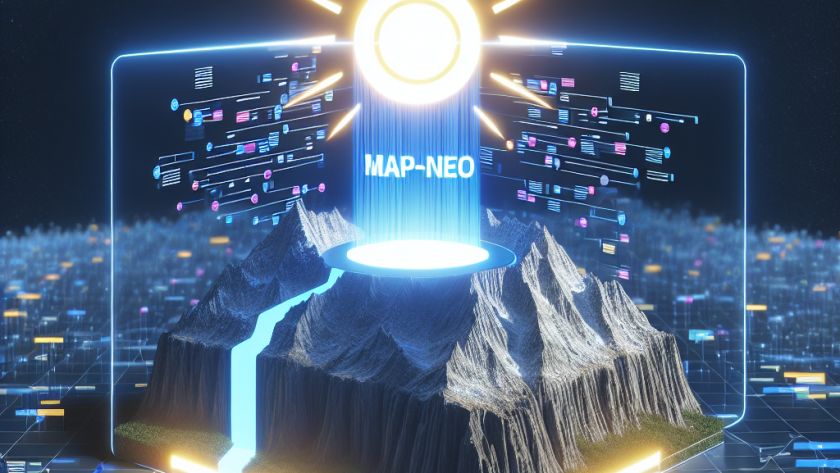Within the world of Artificial Intelligence (AI), system prompts and the concepts of zero-shot and few-shot prompting have revolutionized the interaction between humans and Large Language Models (LLMs). These methods enhance the effectiveness and applicability of LLMs by guiding AI models to produce accurate and contextually appropriate responses.
Essentially, system prompts serve as the initial instructions…












